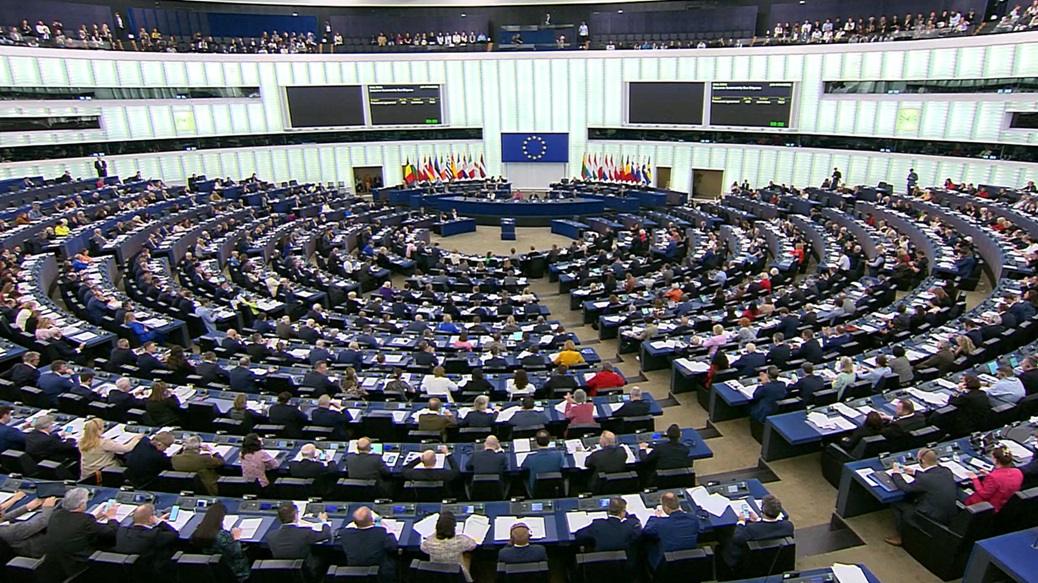Google Cloud Enables Users to Measure Emissions from Platform Usage, Expands Carbon-Free Solutions Suite
Google Cloud announced today the launch of a series of new climate-focused tools, aimed at enabling users to assess and reduce the emissions impact of their cloud-based workloads, and better address the climate impact of their businesses.
Unveiled at the company’s Google Cloud Next event, the new solutions include Carbon Footprint, a tool enabling users to measure, track and report on the gross carbon emissions associated with the electricity of their cloud usage, allowing monitoring of emissions over time, by project, product and region. The new tool follows the launch earlier this year by Google Cloud of low-carbon region icons, enabling users to choose the cleanest regions to run their workloads.
The company also announced the integration of a sustainability impact category into its cloud optimization tool, Active Assist Recommender. The new category adds to the current optimization criteria – cost, performance, security, and manageability – adding emissions impact to the categories considered for cloud services recommendations. According to the company, recent analysis by Active Assist indicated that projects recommended for cleanup are associated with over 600,000 gross kgCo2e.
Additionally, the company announced that it is previewing Google Earth Engine as part of Google Cloud Platform, providing the ability to access, compute and visualize open earth and geospatial data at scale, and enabling the development of solutions for sustainability issues including responsible commodity sourcing, sustainable land management and carbon emissions reduction.
Along with the new solutions, Google Cloud announced several sustainability-focused partnerships, including the integration of the Google Cloud Platform with Salesforce Sustainability Cloud. Salesforce recently launched an updated version of Sustainability Cloud, its platform providing companies with a 360-degree view of their environmental impact with the ability to track, analyze and report reliable environmental data in order to reduce their carbon emissions.
Ari Alexander, GM of Salesforce Sustainability Cloud, said:
“As we face unprecedented climate challenges, companies across the globe need to embed sustainability into the core of their business in order to meet growing customer and stakeholder expectations, and reduce their environmental impact. Together, Google Cloud and Salesforce Sustainability Cloud can help our joint customers accelerate their path to Net Zero, leveraging data-driven insights and visualizations to track and reduce their carbon emissions to drive sustainable change.”
Additional partnerships announced by the company include spatial data, analysis, and visualization company CARTO, climate risk dataset provider Climate Engine, fleet telematics solutions provider Geotab, supply chain-focused satellite imagery and mapping company NGIS, and Earth imaging and satellite imagery company Planet.
Kevin Ichhpurani, Corporate Vice President, Global Ecosystem at Google Cloud, said:
“We are committed to helping customers meet and exceed their sustainability goals with the industry’s cleanest cloud and through solutions that will help customers across industries make more data- and sustainability-driven decisions. These partnerships will help businesses and governments take action and accelerate their sustainability initiatives. We’re proud to work with these leaders and to support customers on their sustainability journeys.”





